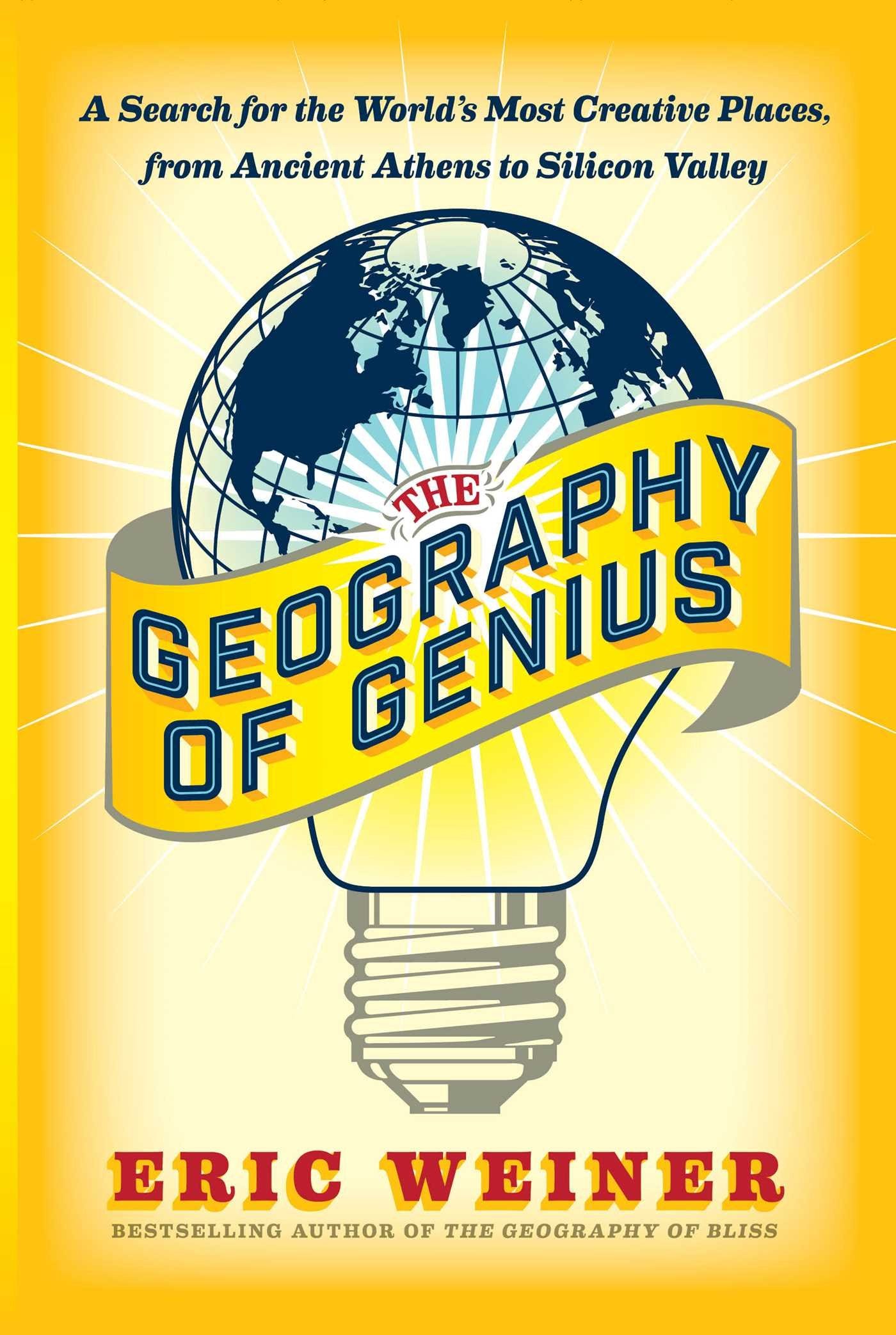These are two of the last books I read in 2021. Very different topics but both compelling reads.
Vulnerability
When the Stars Go Dark, Paula McLain
Anna Hart is running away from a family tragedy. She arrives in her childhood home of Mendocino only to find a desperate search underway for a missing girl. When the Stars Go Dark by Paula McLain is a book about vulnerable children, broken families, and the search for wholeness and strength. It could so easily be a tragic, negative tale, but it’s not. This is a book that breathes optimism and the possibility of renewal without at any moment becoming saccharine sweet.
From the conclusion to the book:
“For the longest time I stand on Lansing Street, thinking about beauty and terror. Evil. Grace. Suffering. Joy. How they’re all here every day, everywhere. Teaching us how to keep stepping forward into our lives, our purpose.”
This is a very different book from the two other books I’ve read by Paula McLain. The Paris Wife is about Ernest Hemingway’s first wife, while Circling the Sun is about Beryl Markham, a record-setting aviator and contemporary of Denys Finch Hatton and Karen Blixen. Both are fictionalized accounts based on true facts.
Creativity
The Geography of Genius: A Search for the World’s Most Creative Places from Ancient Athens to Silicon Valley, Eric Weiner
Eric Weiner, who also wrote The Geography of Bliss, tries to determine the source of genius by visiting cities where creative genius (“the ability to come up with ideas that are new, surprising, and valuable”) has thrived in the society as a whole for a brief period of time. His first stop is in Athens:
“The Egyptians invented statuary thousands of years earlier. They were stiff and lifeless representations, though. The Athenians animated them, liberating the human form from the block of stone. This willingness to borrow, steal, and embellish distinguished Athenians from its neighbors. Athenians were more open to foreign ideas and, in the final analysis, more open-minded.”
He then moves on to Hangzhou, China:
“If you’re like me, you probably know that the Chinese invented gunpowder and fireworks. You’re probably not aware, though, of the breadth and depth of Chinese accomplishments … By almost every measure – wealth, sanitation, education, literacy – China surpassed the West.”
There are so many, many factors that influence creativity and set the stage for a nation-wide blossoming. Some of the factors didn’t surprise me. Others did. For example, I had never considered how a country’s creation myth could influence its developmental pattern:
“The Chinese adhere to a cyclical conception of time and history. There is nothing to invent, only old truths to rediscover and combine in imaginative ways … So ingrained is our fixation on novelty that we can hardly imagine a concept of creativity where it doesn’t feature prominently … For Hindus, the genius is like a lightbulb illuminating a room. The room has always been there and always will. The genius does not create or even discover the room. She illuminates it.”
An influx of immigrants can lead to a cultural Renaissance. In Vienna, immigrants from the far corners of the Austro-Hungarian empire, brought fresh ideas. Many of them were Jews. Banned from certain professions, they turned constraint into advantage by excelling in fields such as music and psychotherapy.
“Simply knowing of another way of looking at the world opens up possibilities and enhances cognitive flexibility, and the immigrant is, by dint of his life experience, exposed to these alternative viewpoints. Immigrants have more ingredients to work with than nonimmigrants.”
European countries that are shutting down their borders to immigration should beware. Canada should do reasonably well on this front. However, Canada, as a resource-rich nation, faces other difficulties:
“Resource-rich nations aren’t innovative for a simple reason: they don’t have to be. Florence had no diamonds or oil, or much of anything else, so people had to rely on their wits and gumption.”
From addas in Calcutta to flyting in Edinburgh, there is one ingredient that held true in every case: the need for open-ended discussion and debate.
“By engaging in this sort of intellectual jousting ‘we find out not only what others think of our ideas but what we think of them as well,’ he says. People react to our ideas and we react to their reaction … Flyting, I realize is more than a rough sport; it is how the Scots sharpened their ideas.”
Some of the countries included in the book surprised me: Edinburgh was unexpected and so, to some extent, was Vienna. Their inclusion reminded me that creativity takes many forms, from philosophy to medicine to music to technology. As I finished reading The Geography of Genius, I was determined to be more open-minded, to approach constraints as opportunities, and to hold more free-ranging discussions, especially with people who hold opposing points of view.






